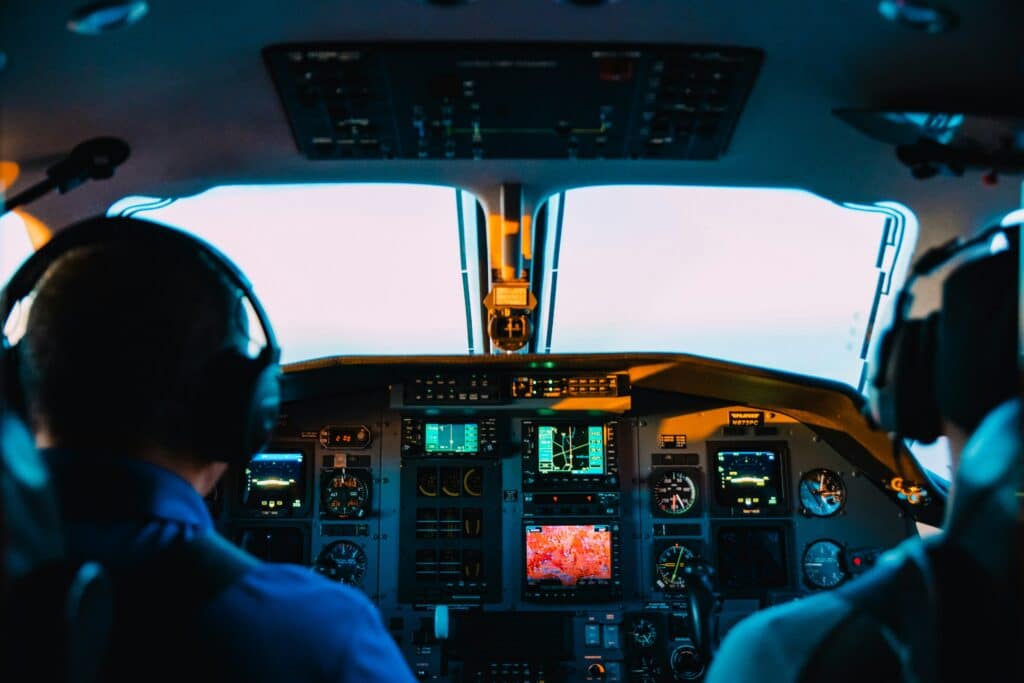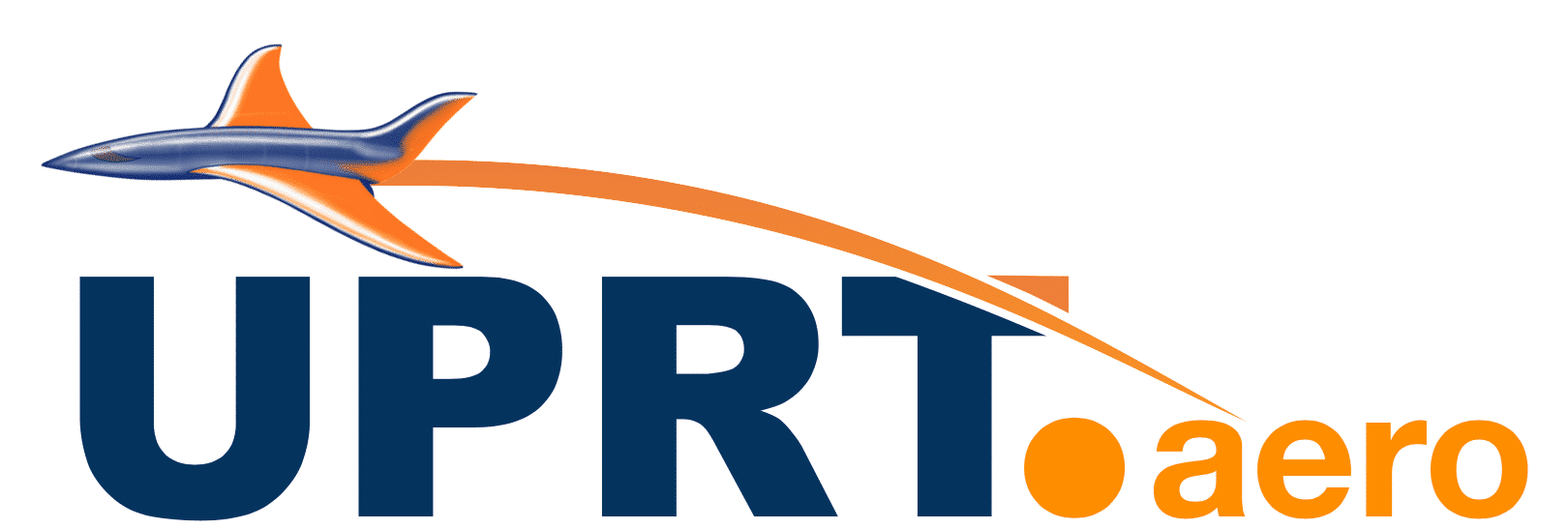Manual flight operations skills tend to degrade over a pilot’s career. Several factors have contributed to this steady decline in these essential skills, to the point that the US FAA issued a new Advisory Circular AC120-123 on Flightpath Management.
During the European Aviation Training Symposium in Cascais, Portugal, IDT’s president Dr. Sunjoo Advani presented the concerns of the FAA, ICAO, IATA and the industry in general, citing recent publications on the matter.
An important revelation was the fact that the responsibility, while shared by stakeholders including the regulators, airframe manufacturers, flight crews who operate the airline, and the airline operators, is actually primarily the responsibility of the latter. Furthermore, it is ultimately the airline’s instructor who can an must ensure that the manual flight operations skills are upheld by all pilots under all conditions.
Fundamental changes may actually be warranted, such as enabling pilots to apply and practice manual flight operations skills when appropriate, and adjusting automation policies to not be overly prescriptive. Better definitions of when one must fly on automation and when manually are also warranted.
This approach also ties closely to current manual flight operations training programs such as UPRT and FAST.

